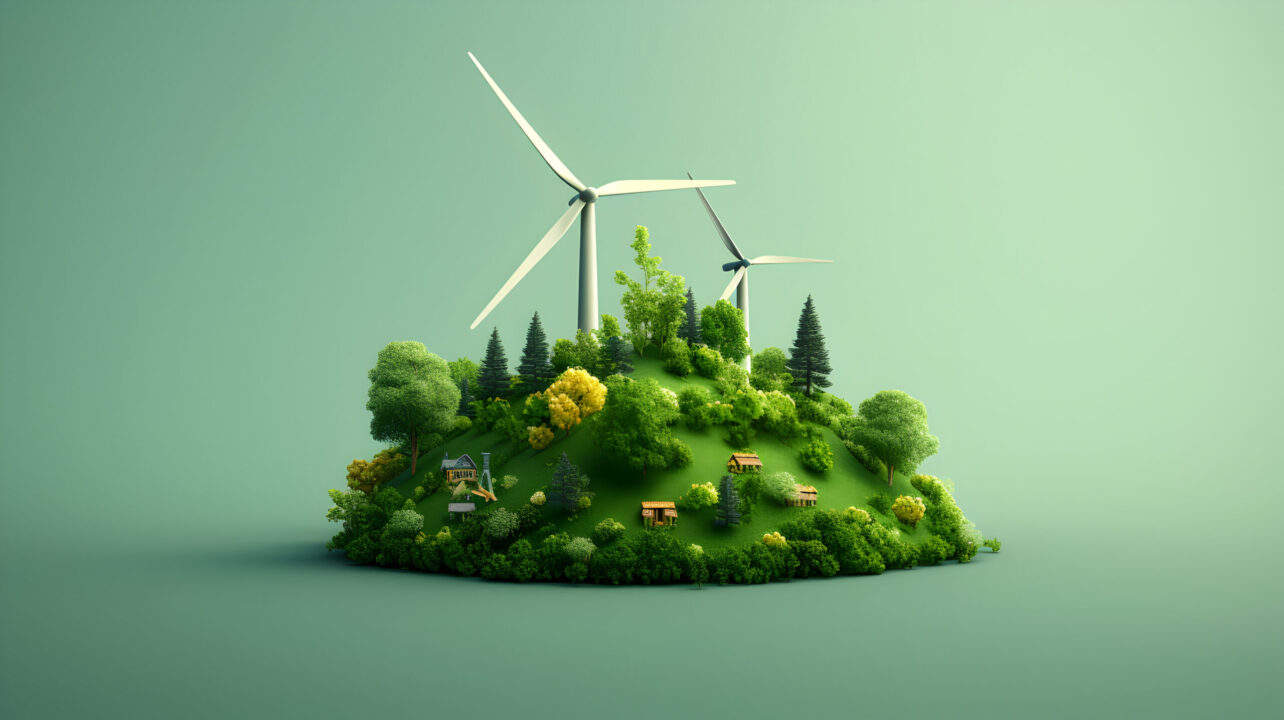Cleantech for Baltics represents the cleantech trailblazers building a successful green economy across the Baltic countries. Our mission is to enable cleantech actors to mobilize finances, support policy development, and enhance the demand for clean technologies. Our coalition members believe that the energy and climate crises are an opportunity for European innovation and competitiveness. We are ready to work together to promote the most ambitious climate and economic policies to support the next generation of European industry.
The crises that have hit the European continent in recent years have also tested the societies and economies of the Baltic countries. These crises have confirmed that clean technologies need to play a pivotal role in the resilience of our energy systems and our economies. The coming years will bring challenges such as building a strong renewable energy production capacity, desynchronizing from BRELL, increasing our industrial competitiveness, electrification and decarbonization of the economy. These challenges also represent important economic opportunities.
The Baltic cleantech sector is on a steady trajectory to improve our economic well-being by creating high value-added jobs and increasing the global competitiveness of our industries. We have a growing number of cleantech patents and a number of cleantech scaleup success stories, but we are still struggling to industrialize clean technologies. To overcome these challenges and create a thriving sustainable economy, the incoming European leadership must focus on three key barriers:
Firstly, increasing our global clean technology competitiveness and reaching environmental goals demands at least doubling of public and private funding. Billions have been invested into developing and adopting clean technologies in order to implement Europe’s ambitious climate and environmental goals. In the Baltic countries, private cleantech investments have grown from €56M in 2017 to €384M in 2023. However, public investments need to grow in order to attract even more private investments. It is estimated that only for the 6 clean technologies brought out in the Net Zero Industry Act, the 2023-2030 financing gap amounts to €50bn.
Secondly, Union level funding should be the priority tool for developing the European cleantech sector and an equal distribution between the Member States needs to be ensured. This is vital in order to create equal cleantech opportunities across the European Union. The success of the European single market stands on equality and fair competition. This must be maintained while growing investments and support.
Finally, Europe needs a legislative framework that allows for swift testing, piloting and permitting of novel clean technologies. The global competitiveness of the European Union green economy relies heavily on the first mover advantage. We need flexible legislation that allows for a wide range of regulatory sandboxes that can create this advantage.
To overcome these challenges, we are willing to keep an open dialogue and seek opportunities to support the development of cleantech industries in the Baltic countries.




